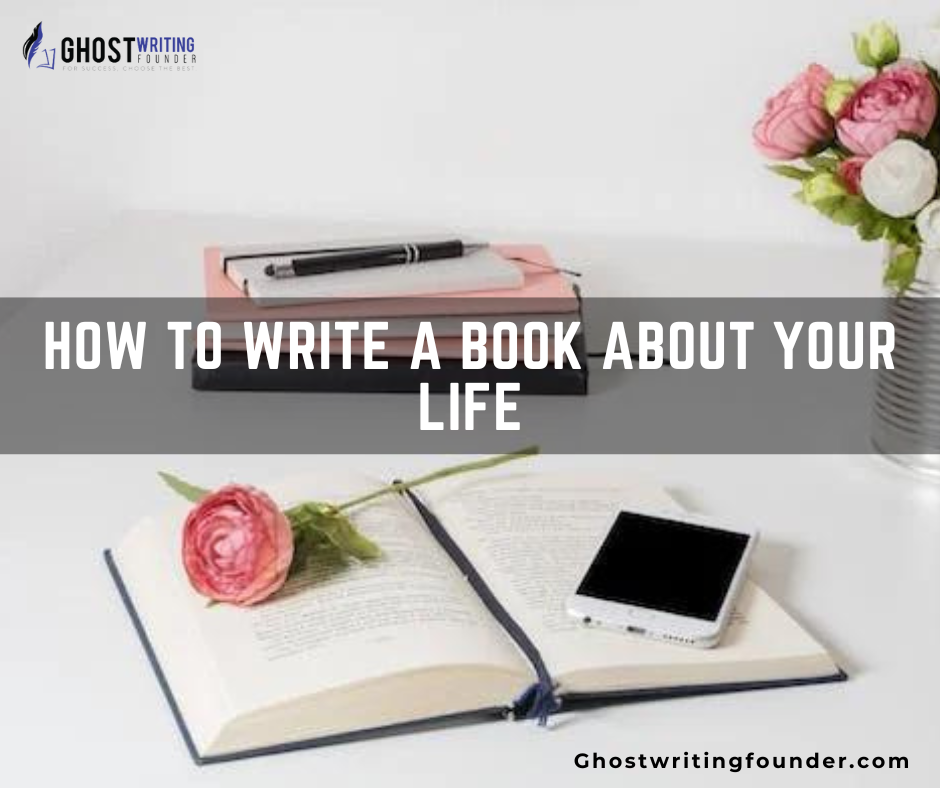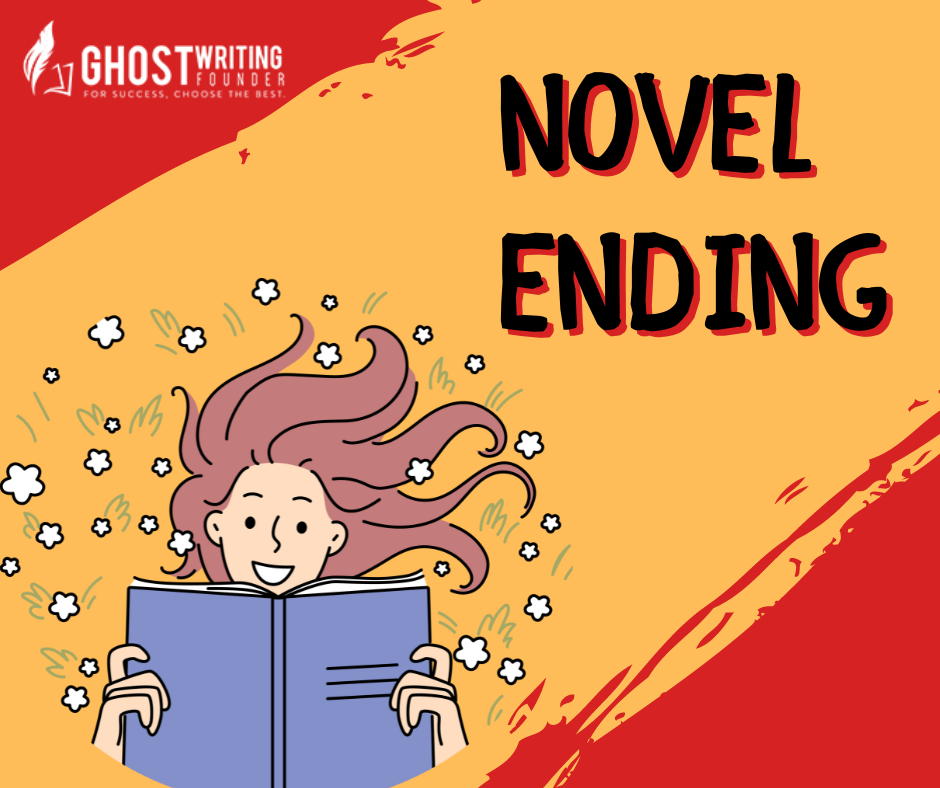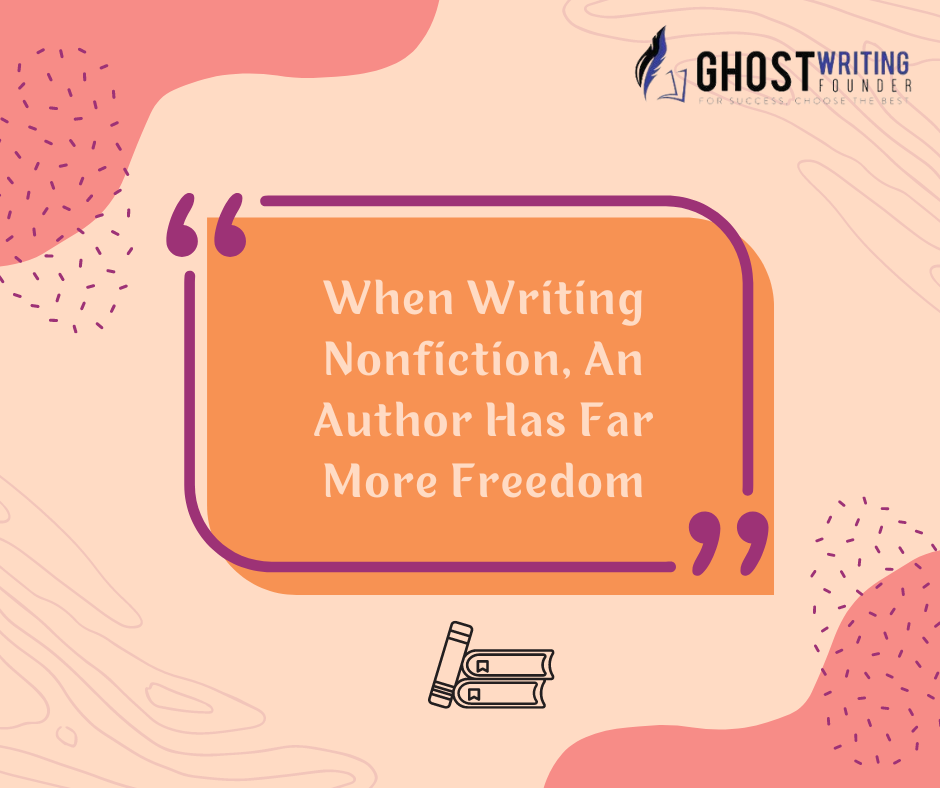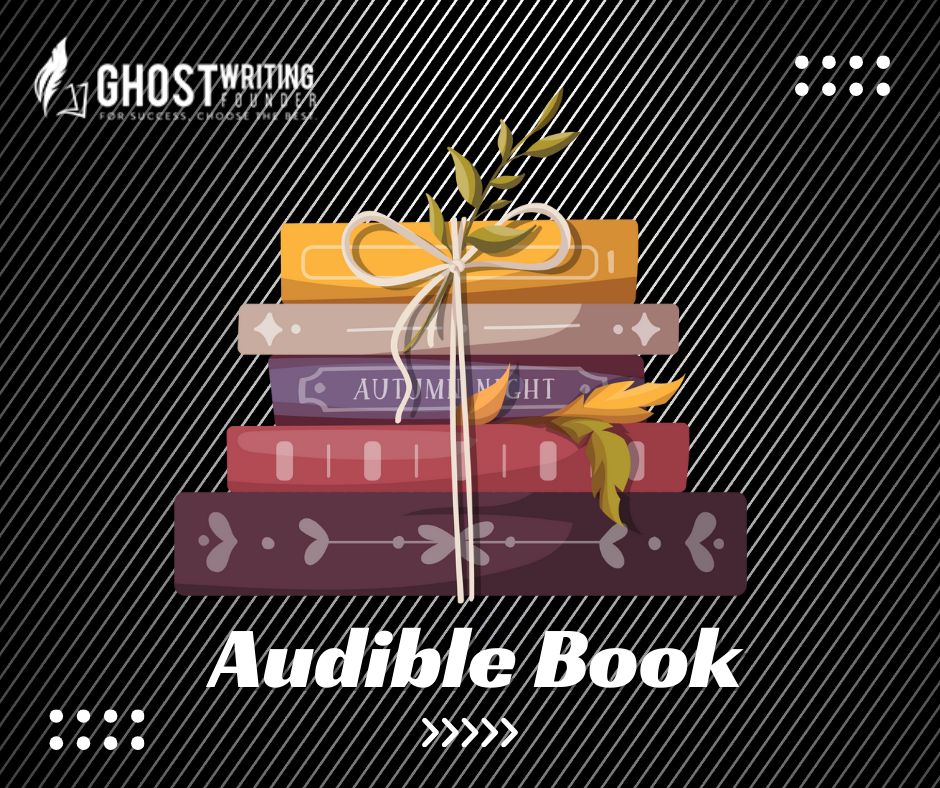
Book Writing
Writing your life story is a great way to remember and share your unique experiences. It lets you talk to others about your knowledge, lessons learned, and personal growth. Writing a manuscript about your life can be an emotional and life-changing experience, whether you want to leave a memory for future generations or connect with readers who may relate to your story.
Why write your life story?
There are many reasons why you should write your life story. It’s not just a worthy idea — it’s a necessary one.
First, you must get it down on paper (or into cyberspace). You may think you have everything under control now, but someday that will change.
When it does, people will want to know what happened to you, how you became who you are today, where you came from and where you’re going next. What better way for them to learn about those things than by reading about them in your own words?
The second reason is that writing about yourself is therapeutic, much like the process described in Exploring Life’s Journey: An Analysis of Autobiography in Five Short Chapters. — especially if you’ve had some hard times or things haven’t always been as planned. Writing down how those experiences made you feel can help put them behind you once and for all so that they no longer hold any power over your life path today or tomorrow.
How can you write a true story?
Writing your life story can be challenging because you must decide if you want people to know it’s a real story about your life. In that case, it might be better for you to write a memoir.
Here are a few factors to consider if you want to write your life story:
- Do you want it to be nonfiction, like a memoir?
- Do you want to tell your life story in chronological order, like an autobiography?
- Do you want to write a fictional novel book type with elements from your life? If yes, Script Writing Services can help you.
- Can you be completely honest without being biased?
Writing a fictional book about your life is generally not recommended because your characters may be too perfect, a topic explored in Fiction vs. Non-Fiction: Distinguishing Between Imaginary and Real Narratives. like a “Mary Sue.” This happens because it’s difficult for us to be unbiased when it comes to ourselves. However, if you can write a true story while giving the character based on yourself real flaws, it can work.
How to Start Writing a Book About Your Life?
The first step to writing a book about your life is finding a starting point. But where should you begin when you have a lifetime of interesting stories?
Start by creating a basic chronology. For guidance, the article How to Build a Portfolio for Freelancers might offer some useful structuring techniques. Make a timeline of your life. If you have chosen a specific topic or theme, focus on the elements in your life that support that topic. These could be the events leading up to a significant moment, the moment itself, or what happened afterward.
You can also include events that have influenced your character or taught you important lessons related to your chosen theme.
If you haven’t decided on a theme yet or prefer to write an autobiography instead of a memoir, create a timeline that covers your entire life. Start with the most significant events that stand out to you. Try to make it as detailed as possible.
Next, look for underlying themes and messages. Remember, you are writing a book, and all books need themes.
Your theme could be healing from childhood trauma or showcasing the value of hard work and dedication, as discussed in Memoir vs. Autobiography: Understanding the Differences. It might focus on how relationships have transformed you or what you have learned from making repeated poor decisions.
As you examine your life, you will notice outlines. These outlines will help shape the overall narrative of your life story.
Tips for Writing a Book About Your Life
When you’re ready to write Your Life Story, here are some helpful tips:
Prepare beforehand
Prepare Beforehand. Before you start writing, engage in pre-writing activities. For more detailed preparation steps, consider Book Editing: A Comprehensive Writer’s Outline. This can involve brainstorming or jotting down notes about your life. Free writing also allows your thoughts to flow without a specific structure or prompt. Avoid editing during this stage and allow your mind to make unexpected connections between events and people. If you want help writing your life story, Ghostwriting Founder is the best option.
Follow a narrative structure
While real life doesn’t have a perfect story arc, it’s important to follow a basic story structure when writing a memoir or autobiography. This structure includes an introduction, rising action, climax, falling action, and resolution. Look for natural transitions in your life and identify beginnings, high and low points, and endings. Characters are crucial, with yourself as the protagonist and supporting characters being the people you interact with. Highlight conflicts and how you overcame them in each important moment or event. You can add lyrics inspired by your effort to make it more interesting. Song Writing Services can assist you in lyrics making.
Research your own life
Treat your life as a research subject. While you may remember things, you might be fuzzy on the details. Gather old pictures and diaries, and interview people who were part of your life to recall events and gather different perspectives. Use external sources like newspapers for background and setting details. Research helps you present accurate and factual information. For a comprehensive approach, Content Development Services can provide the necessary support.
Be truthful
When writing a memoir or autobiography, telling the truth is crucial. Avoid lying or embellishing events to make them more interesting. Honesty is key to maintaining your credibility as an author. If you’re unsure about specific facts, be transparent and mention that it’s your recollection.
Fill in realistic details
Memories may not be perfect, but you can fill in details in a way that could have been true. Use your creative license to describe likely scenarios based on your past knowledge. Consult pictures, get input from others, and consider the sensory aspects of events. Use the five senses to describe events and make them more vivid and engaging.
Show your shortcomings
Being vulnerable and honest is essential in writing a book about your life. Don’t portray yourself as infallible. People relate to human experiences and want to see your failures, setbacks, and mistakes. Share how you overcame these challenges and provide inspiration to your readers.
Get permission
Get Permission. Since you’re writing a true story, consider legal issues. For professional guidance, Book Publishing Services can help navigate these complexities. and seek permission to use people’s real names in your book. Respect their requests if they don’t want to be included, even if it means editing out specific memories. Changing the names of places or businesses is also advisable to avoid legal complications.
End on a high note
Your story doesn’t have to have a fairy tale ending, but it should end with reflection and a message for your readers. Share the lessons you’ve learned and the reasons behind writing your book. Tie everything together and consider what your readers want to take away from your life story.
Remember, Writing Your Life Story is a personal journey; these tips can help you.
Essential Elements and Detailed Insights
| Theme of Writing | Why It Matters | How to Approach It |
|---|---|---|
| Purpose of Writing | To share unique experiences and personal growth. | Reflect on your motivations and the impact you wish to make. |
| Therapeutic Benefits | Writing as a form of healing and self-discovery. | Embrace the emotional journey and use writing as a tool for introspection. |
| Choosing the Format | Deciding between non-fiction, autobiography, or a fictionalized version. | Consider the audience and the level of personal honesty you are comfortable with. |
| Structuring Your Story | Organizing life events in a coherent narrative. | Create a timeline of significant events and identify themes that connect them. |
| Writing Process | Balancing truthfulness with creative storytelling. | Research your life, consult diaries, photos, and conduct interviews for a comprehensive view. |
| Character Development | Portraying yourself and others realistically. | Show vulnerabilities and growth, and seek permission if using real names. |
| Concluding Your Story | Ending with a message or reflection that resonates. | Share lessons learned and provide closure, both for yourself and your readers. |
Conclusion
Writing your life story is a transformative journey that allows you to reflect on your experiences, share your wisdom, and connect with others. You can boldly set out on this literary journey and write a book that will have an impact by following the instructions provided in this article.









Leave a Reply